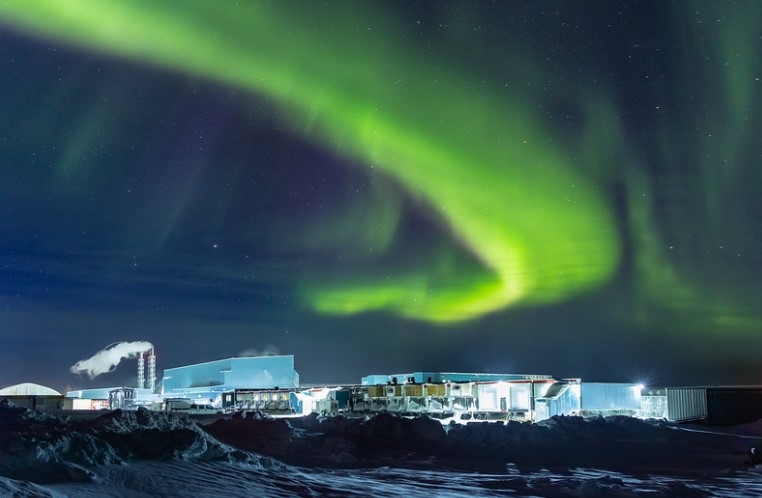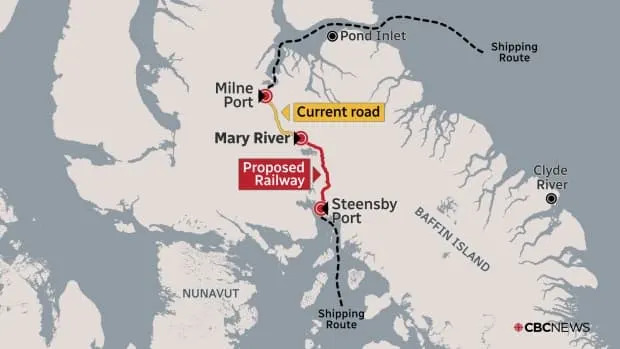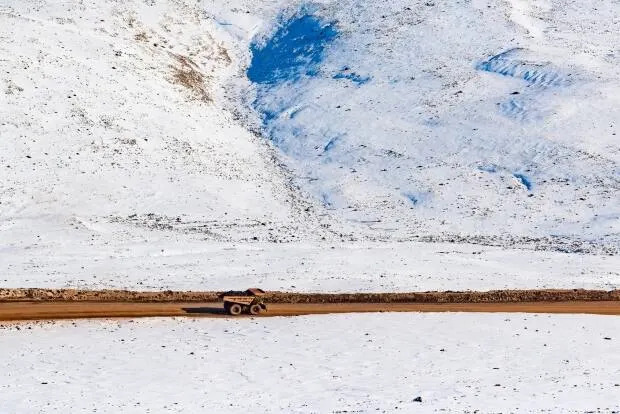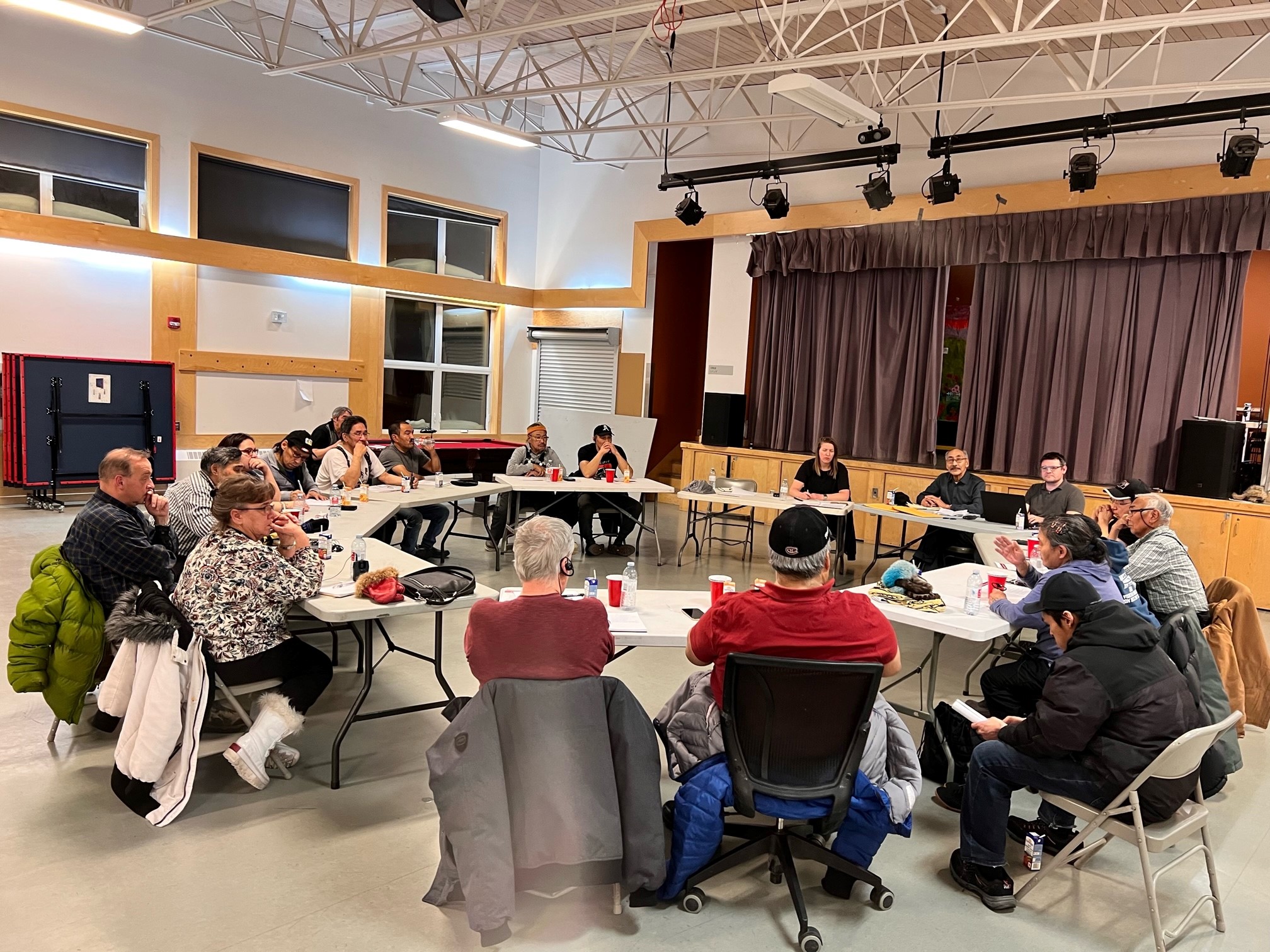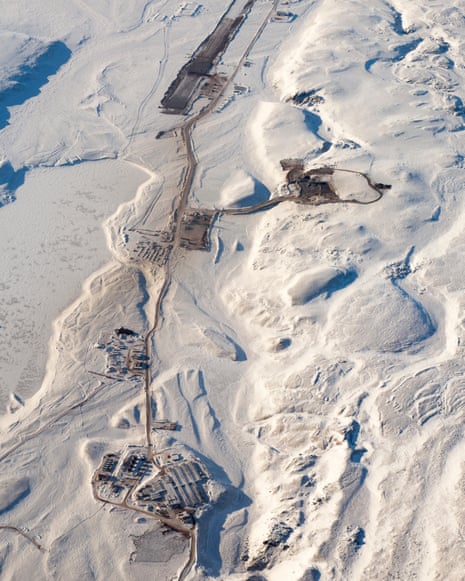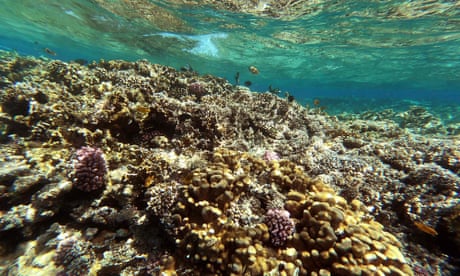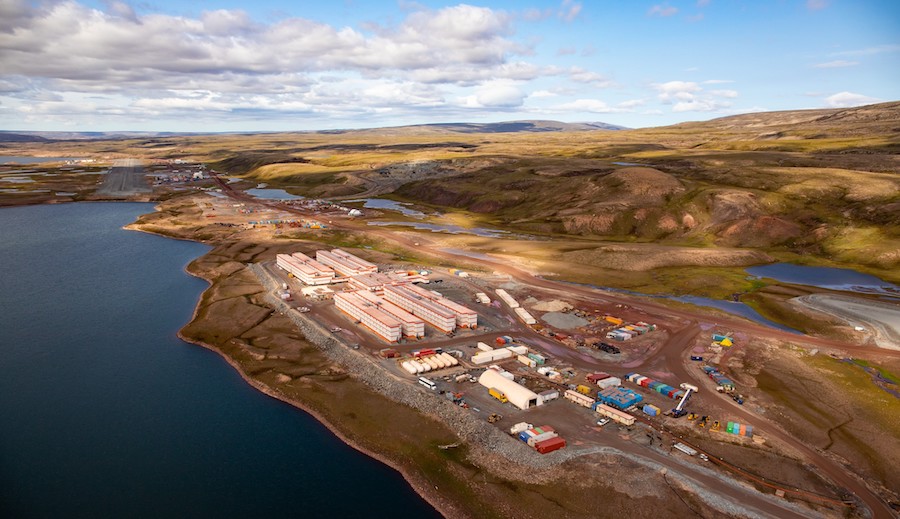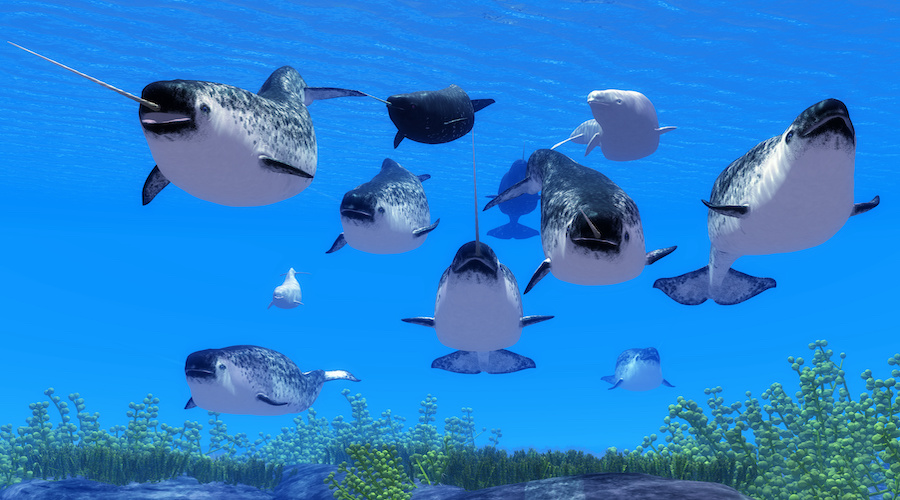Canada Approves Construction of an Arctic Mineral Port on Baffin Island
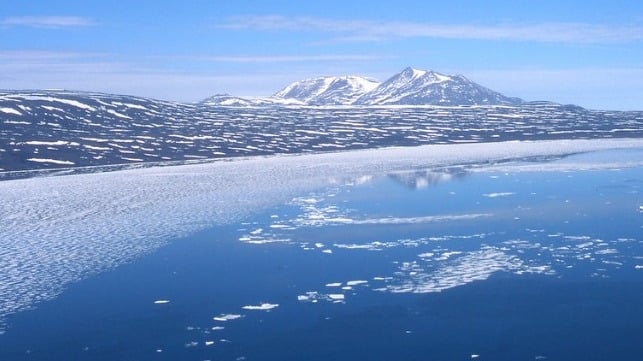
At a time when Canada is prioritizing development of Arctic infrastructure, a new port and railway project in Baffin Island has received construction approval. The project, Steensby Railway, is a critical component of expanding production in the Mary River iron ore mine in the northern Baffin Island. The iron ore mine is one of the most northern mines in the world. Notably, Mary River is known as the world’s highest-grade direct ship (run-of-mine) iron ore development.
Last week, the operator of the Mary River mine, Baffinland, announced that consultations with the local community of Inuit had been completed. The Inuit supported the issuance of key regulatory licenses required for the Steensby project to begin.
“With over a decade of experience in operating the High Arctic, we are moving ahead with the Steensby component,” said Jowdat Waheed, acting CEO of Baffinland. “Negotiations for the financing package are at a very advanced stage, and as soon as it is complete, construction will commence.”
The Steensby project was originally approved by the Nunavut Impact Review Board back in 2012. However, the project was shelved as Baffinland preferred to expand the current transport route - from the mine north to Milne Inlet. At the time, the company considered the option as less costly. But in 2022, the federal government rejected the mine expansion plans following fierce protests by the Inuit groups. The community members feared that the expansion plans could have effects on the habitats of key marine mammals, including narwhal, which is an important food source for the Inuit people.
After this opposition, Baffinland decided to focus on the Steensby project, which is a southern route from the mine. The proposal is to transport the iron ore via rail south to a new deep-water port at Steensby Inlet. This will eliminate the long haul trucking to Milne port, which Baffinland said would lower production costs and environmental impacts.
Baffinland wants to build a 149-kilometer railway, connecting the Mary River mine to Steensby port. The federal government has expressed support for the project as it aligns with the vision to develop Canada’s northern economy and supply of critical minerals. The project construction is expected to begin later in 2026 and take three years to complete. The project is estimated to cost around $3 billion.
Once completed, the Steensby component will enable production at Mary River to increase from about 4.2 million tonnes per annum to 22 million tonnes per annum in four years.
Top image: GRID-Arendal / CC BY SA 2.0
